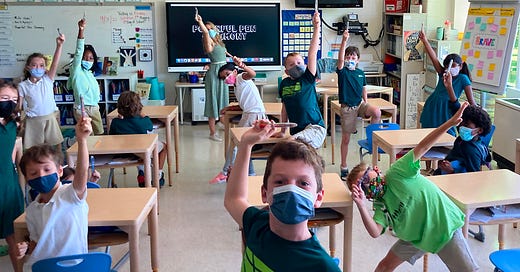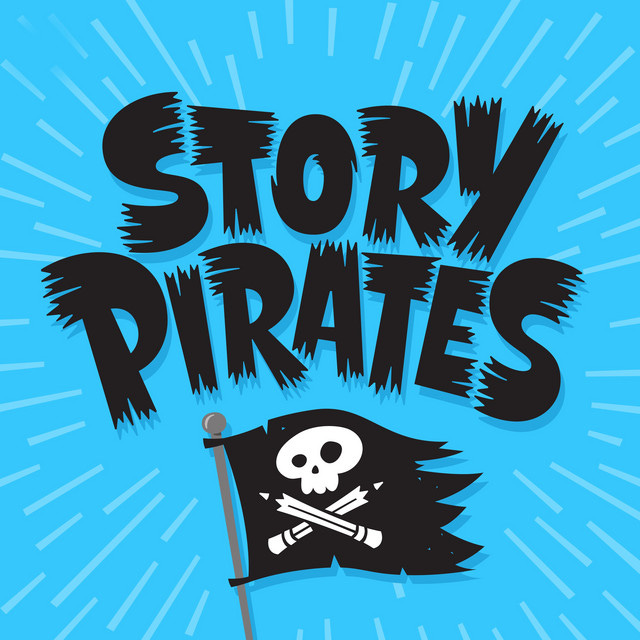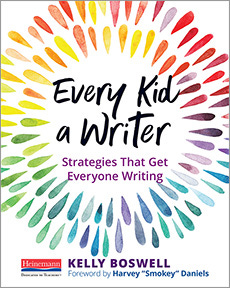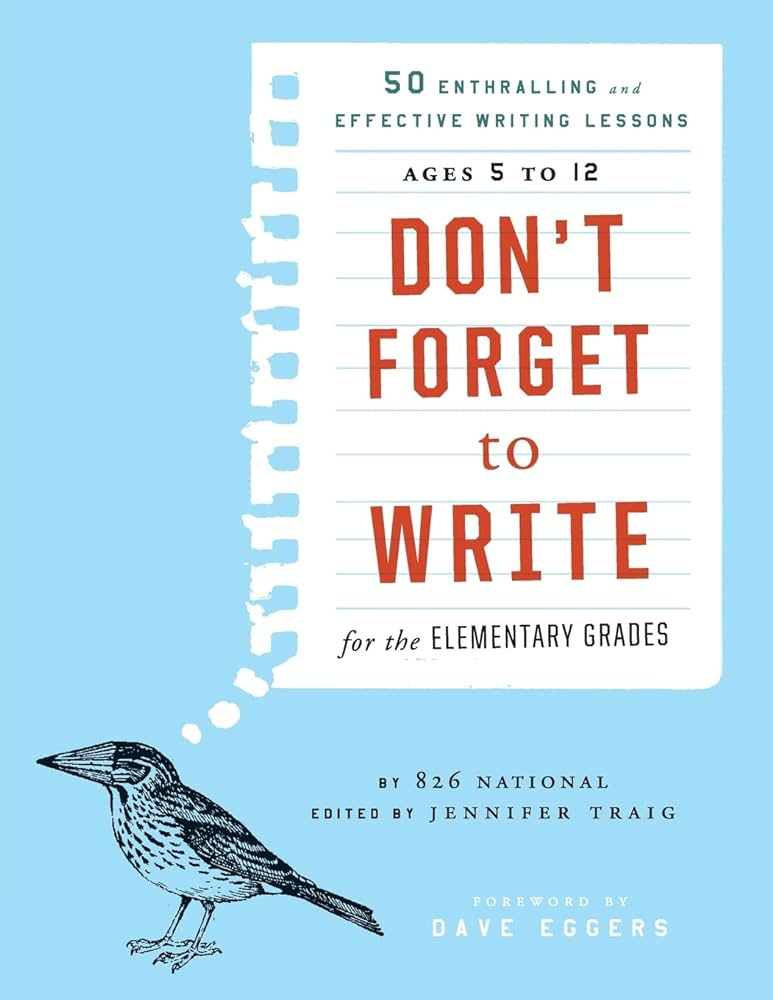Why (Some) Kids Hate Writing
And why it's our job to win them over. Donuts, glitter pens, and all.
I’m buzzing with excitement this week at the prospect of hosting a biweekly literary salon. For elementary school kids.
That’s right. A group of kids in my living room, pencils in hand, generating free-form prose, offering each other thoughtful critiques, studying beautiful sentences by authors like Madeline L’Engle, Jason Reynolds, and Jacqueline Woodson, growing vocabularies, and possibly eating donuts.
This dream I didn’t know I possessed was handed to me in the form of a request from some members of my community: Can you write with my kids? Can you remind them that writing is fun?
As a teacher, that was always my mission. I started every year with the same promise: If you don’t like writing yet, I promise you’ll like it at least a little by the time you leave.
That was a challenging promise to deliver on, given that more and more kids have developed a reluctance to writing. Even at the tender age of 8, there are children whose belief systems about writing have been entirely shaped by negative experiences, kids for whom the simple act of picking up a pencil causes anxiety.
If you’re the parent or teacher of one of those kiddos, I empathize. It’s heartbreaking to watch the light go out of a child’s eyes before they’ve even had a chance to discover what they can do. It’s also a golden opportunity for us adults to rewrite the script.
Although my experiences in school are decades removed from children today, the reasons young people turn away from writing haven’t changed much. They include,
Lack of choice. Telling kids what to write is not the same as teaching them to write, and no one (adults included) likes to be told what to do all of the time. There will be plenty of non-negotiable writing assignments in our kids’ lives, but it’s essential to incorporate choice whenever possible. Choice can be as simple as offering a variety of writing tools (hello glitter pens!), paper options (wide-lined, room for illustrations, typing), and alternate work environments (I do my best writing lying on my yoga mat). It can also include making choices about genre, purpose, and audience. These are valuable choices that adult writers make every day and its important to model them for young writers.
They don’t see the real world applicability. Writing in the classroom is like being famous in outer space. Does it matter? Does it even count? In the echo chamber of a classroom, writing can feel esoteric, its relevance confined to a select population. But the art of writing is enormous, as is its impact. We can help kids see this by drawing their attention to the writing that has gone viral, the news stories that have rewritten history, the books that everyone knows. And we can help kids put their writing in front of new eyes by leading them to contests and other publishing opportunities. A few years ago, my kiddos got themselves on the local news for their persuasive essays about the Capitol fence. After that, it was pretty easy to convince them their writing matters.

Total celebs. Listen to their inspiring essays here. We enforce unnecessary parameters. Can we please take the perfectionism out of writing? Pretty please? Asking for myself, but also for every aspiring writer who finds themselves paralyzed by the notion of perfect first drafts and mistake-free outlines. Spelling, grammar, and punctuation are important, but they’re not first-draft issues. And often they can get in the way of downloading our ideas to the page. If we can remove the burden of “pretty” work from kids, we have a better chance of helping to achieve quality work instead. Later we can worry about training them to be good editors. Likewise, it’s unfair to expect kids to have their pencils glued to the page for every moment of the writing block. Sometimes writing looks like staring out the window. Sometimes it looks like taking a walk to the bathroom and waiting for an idea to land. If expectations are unreasonable for adult writers, they’re unreasonable for kids, too.
They can’t transfer ideas to the page. This is by far the most common issue parents have reported to me in recent years. Their kids have ideas - lots of good ideas! - but when it comes time to put them on the page, they’re, well, stuck. Teaching kids to plan for a writing piece is as valuable as any step of the writing process. Too often we expect kids to know how to outline without explicitly teaching it, or without offering the kind of outline or organizer that best works for their brain. I, for one, think in bullet points. Almost everything I do, from grocery shopping to writing my weekly Substack, begins with a list. It’s the quickest, most effective way for me to unload my thoughts and it’s a great tool for kids. Don’t know what to write a story about? Name 5 people in your life and make one your main character. Lists are accessible, quick, and great for all ages.
They don’t have a mentor. If I disclosed the actual number of authors I have fangirl crushes on, you’d be appalled. They are my celebs. My superheroes. I wish there was a version of People magazine that was only about authors. If so, I’d happily read about Rumaan Alam eating an apple and Ann Patchett doing her laundry every day. Thank goodness for Instagram for bringing me one step closer to my dream. Kids also need the opportunity to find authors they love, to study sentences that sing on the page, to hear the stories of writers who persevered in putting words on the page. Remember VH1’s Behind the Music? If, after reading a book with our kids, we took a few extra minutes to explore the author bio, identify a strong craft move, or learn the story behind the story, we’d bring them one step closer to finding mentors they can lean on and follow for life.
They’re uninvested. At its heart, writing is a matter of ownership. A teen who pounds out a 5-page paper on the themes of Jane Austen’s Emma is likely doing it for their teacher, but a kid who writes a petition for better cafeteria food wants that writing to come through clearly so they can enact change (and eat better!). The words, the message, and the product rightfully belongs to them, as it should always. We have to empower kids with the understanding that the work is theirs. The choices belong to them. And this, indeed, is a very powerful gift.
They have not identified as a writer. At the beginning of each year, we used to have a Powerful Pen ceremony, a big, fussy celebration in which kids were bestowed with a fancy multi-color pen to use throughout the year. The idea was this: We’re gonna treat you like a writer until you believe you are one. The more serious and gravely enthused I went into the ceremony, the more energized the kids became. It was reminder that being a writer is fun, powerful, and most importantly, within reach. And it is. For all of us.
I could write for eons on this topic and I nearly have here, so I’ll leave you with some final words from Chase, an 8-year-old I spent time with yesterday. When I asked him to give it to me real about writing, here’s what he said,
“I like reading more than I like writing but without writers, there wouldn’t be books!”
I agree, Chase. So let’s ensure we never run out of books.
Inspiring Writing Resources for Kids
This brilliant, imaginative podcast dramatizes stories written by real kids. One of my students from years ago had a story selected for this podcast and (I’ll brag), he gave me a shoutout on the air. Since then, my daughter has submitted two stories, seen their live show, and fell over with joy when after receiving thoughtful feedback from the Story Pirates team. Recently, I got one very reluctant writer to agree to submit a piece and that was a real win.
This book is chock full of suggestions for educators and parents to inspire a love of writing in their kids. A great resource for families who homeschool or, gulp, teachers who may not yet love writing themselves, but want to get better at faking it!
This incredible organization, co-founded by author Dave Eggers, does it all. From publishing young authors to working with educators, to publishing their own instructive texts (Don’t Forget to Write is one of my favorites), they have chapters throughout the U.S. and fantastic online resources to explore.







